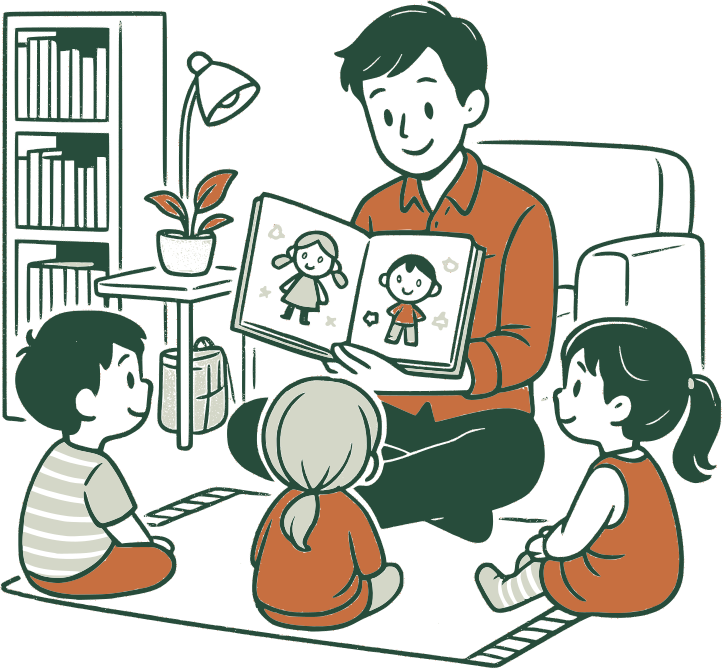
COMING SOON
Storytelling for Parents
An online course for parents of children aged 0-6
What is storytelling?
A practical approach to storytime, grounded in research, for every child.
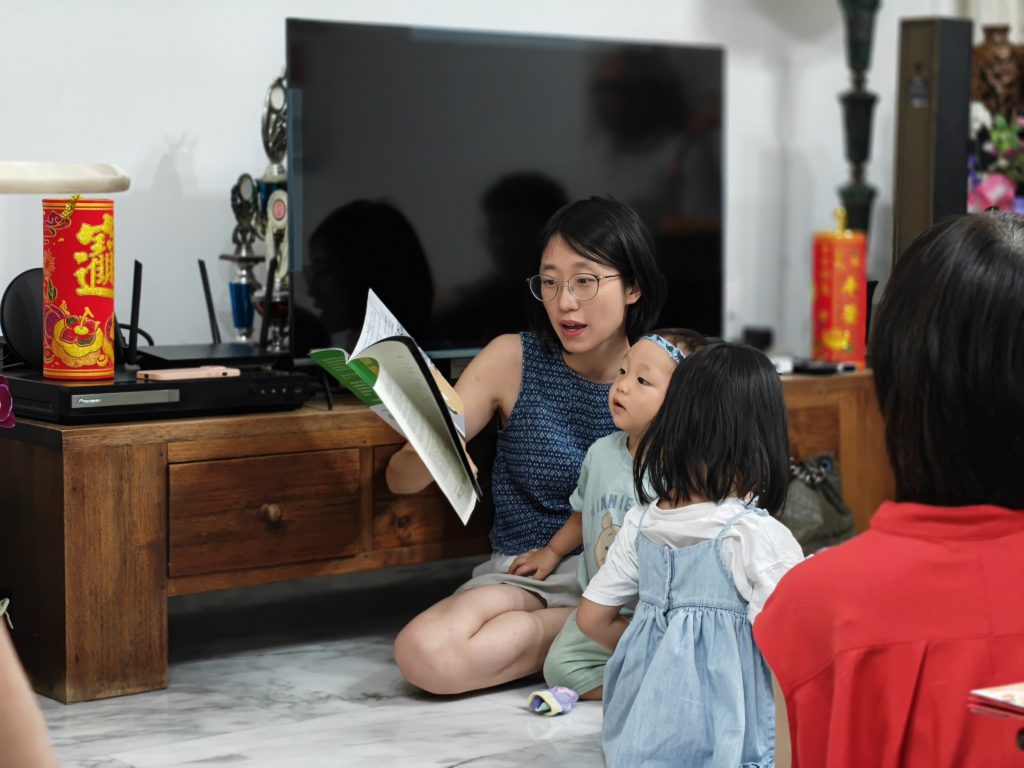
Many parents find reading to a young child intimidating. Short attention spans, difficulty in understanding the content, and an irresistible urge to move all make reading challenging, even frustrating.
Our instinct is to make storytime louder, flashier and more exciting. But being a good storyteller isn’t about acting out dramatic voices or having special props.
It’s about getting your kids involved in reading.
Research shows that when children help choose books, ask questions, turn pages, and talk about what’s happening, they’re not just listening – they’re part of the story.
The Tiny Turns Page Difference
Use storytelling to build reading skills, naturally.
The core of our storytelling approach is dialogic reading. Also known as interactive reading or conversational reading, we engage with children in talking about the story as we are reading it. This transforms our children from listeners to readers, because they have to engage in the story.
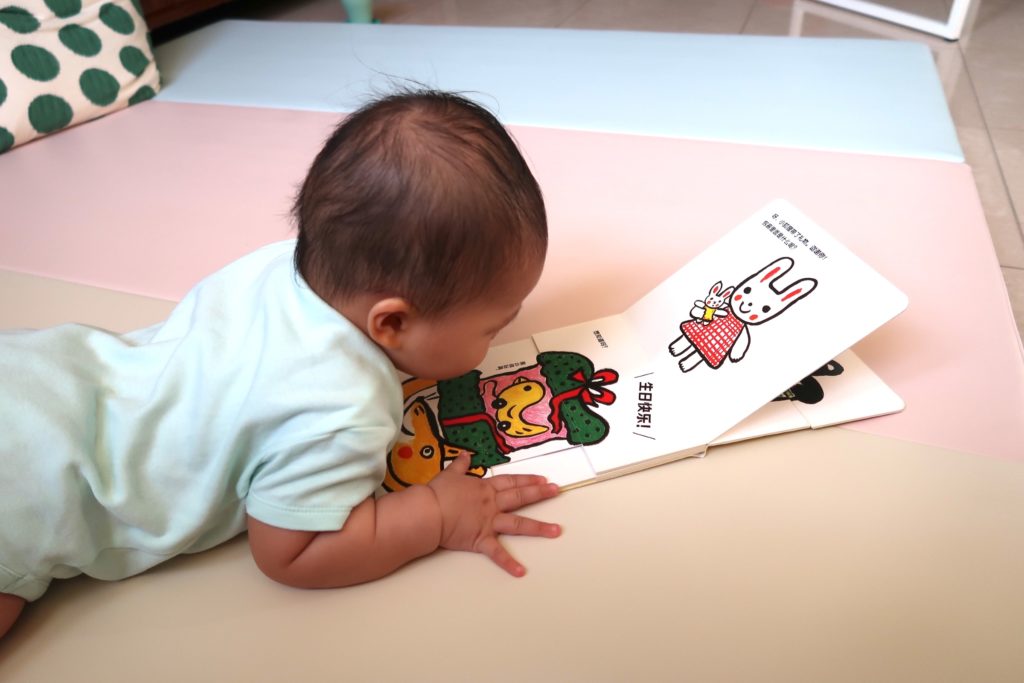
Start from Birth
Even a young baby can get involved in reading. From birth, we nurture reading habits through the behaviours even a newborn can display: listening, eye contact, paying attention.
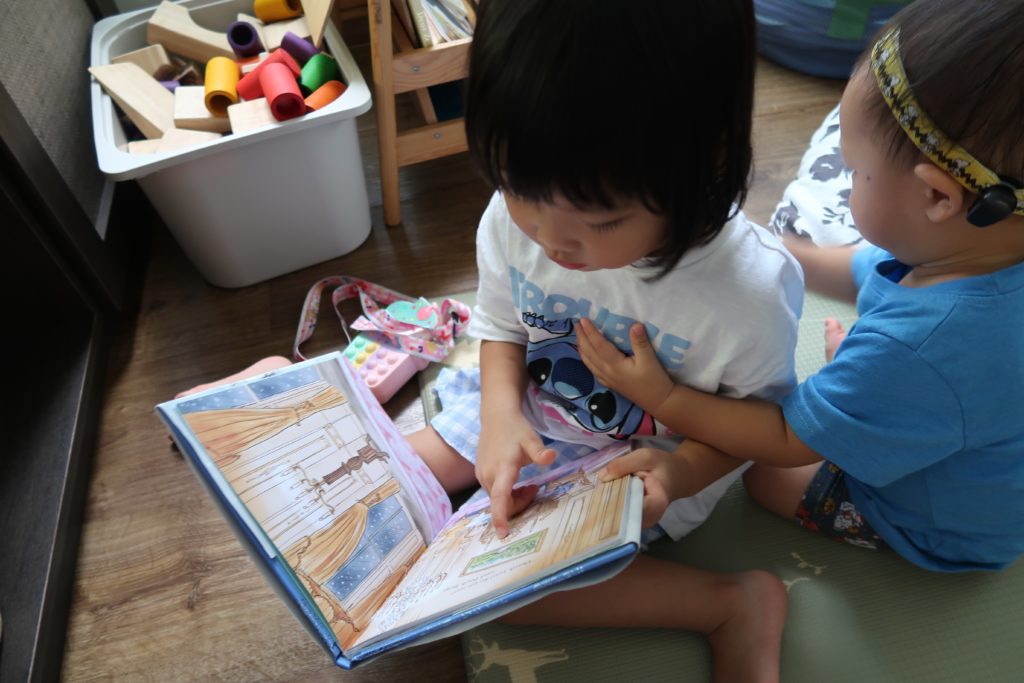
Use Simple Routines
Storytelling sessions in libraries and classes are great, but they’re often one-off. We help you find routines that fit your home everyday and still give your child that storytime magic.
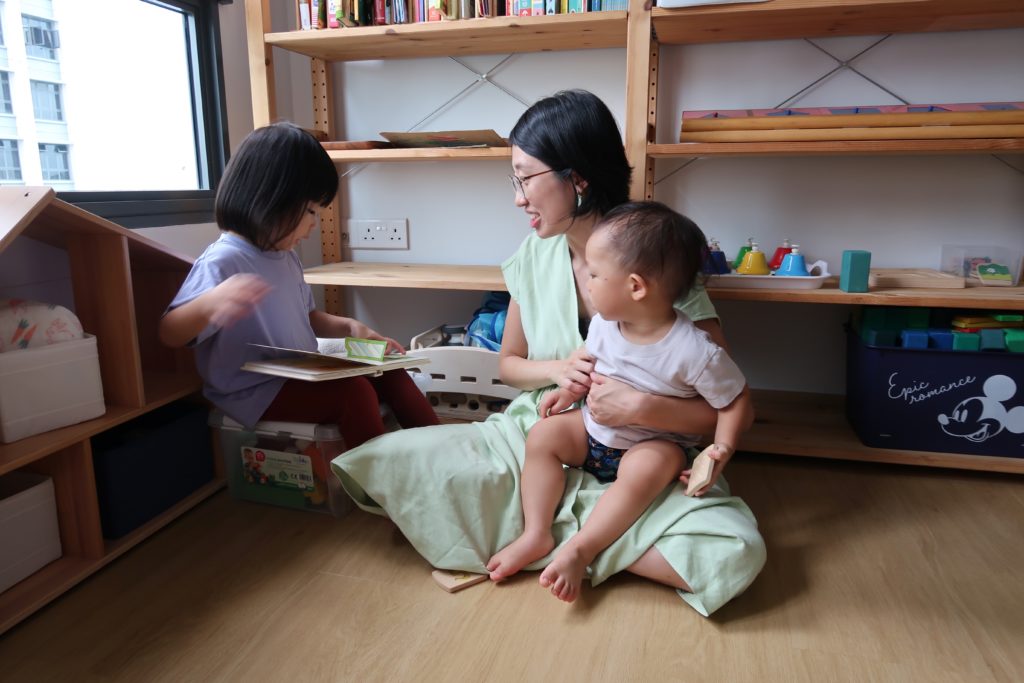
Bond through Books
While others focus on fast gains, we believe connection makes the best growth. We focus on enjoying books and using stories to understand your child better.
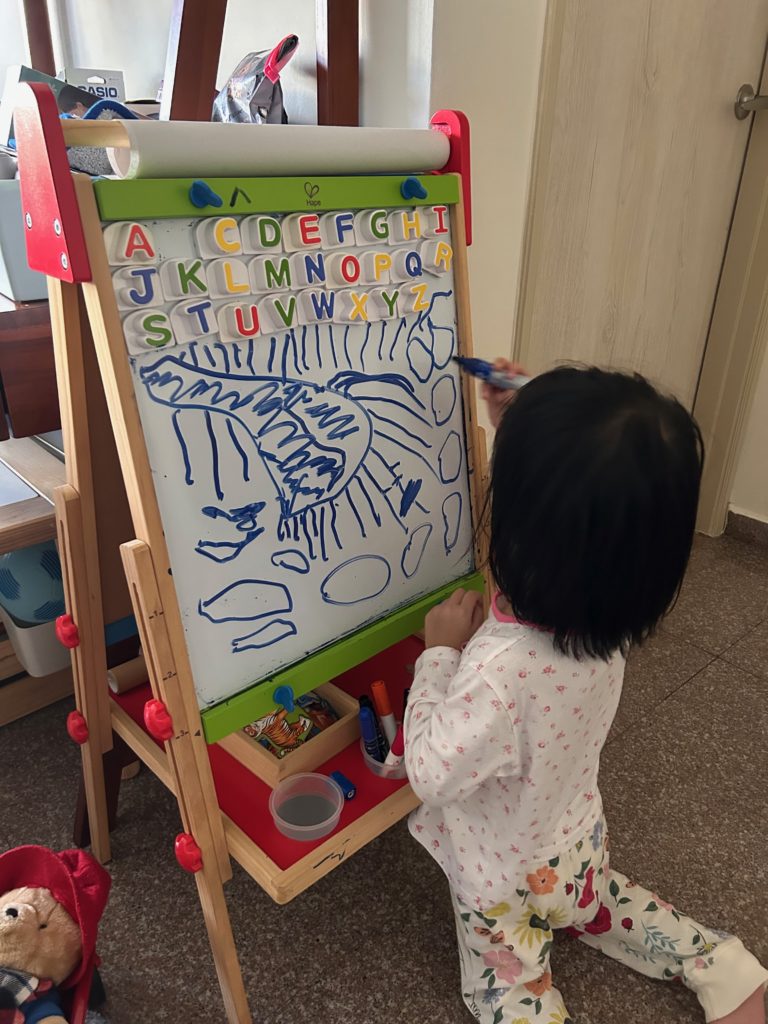
Build from Basics
Strong readers have vocabulary and knowledge to understand the reading. We build a strong language foundation first, to ensure success when your child learns to read later.
What's Included
6 ✨ on-demand course modules covering everything you need to know about reading to a young child, including:
- How to set up your 🏠 home to encourage independent reading and book exploration – even in small spaces
- How to set a 💞 family reading culture and build reading habits that actually stick
- My unique 📃 P.A.G.E.S. framework which helps you take the reading research into your home
- How to adapt reading for 🧒 children of different ages and abilities
2 additional BONUS modules covering:
- How to read and create 💬 family conversations around different children’s book genres
- How to integrate 🔡 phonics knowledge into storytime (a sneak preview of my other course, Phonics for Parents)
A one-time, exclusive ☎️ coaching call (for the first 20 sign-ups only) where I offer a personalised assessment of your family’s reading habits and home library and give practical advice, customised to your situation and lifestyle
✅ Done-for-you scripts and checklists so you don’t ever have to feel stumped with making storytime engaging and meaningful for your child
Membership in a cosy, exclusive reading 👐 community where we’ll share book recommendations, offer practical troubleshooting advice, and learn from and encourage each other in our reading journeys
Access to any ➡️ future updates and improvements to my course, as we tweak our approach based on the most current research
Sign up to receive the latest updates!
We’re still working on Storytelling for Parents, but you can sign up for updates if you’re interested.
Storytelling for Parents is part of my 2-part course suite, Reading for Parents. Together with its sister course, Phonics for Parents, you’ll understand the research behind reading and early literacy skills, and learn to love reading with your kids.
If you’re interested in this course, or my other upcoming course, Phonics for Parents, pop your email here and I’ll update you as I develop the materials. Or, if you have any enquiries or feedback, email me.